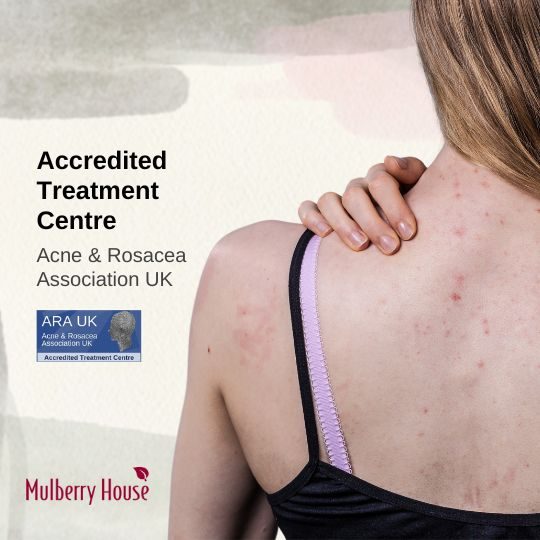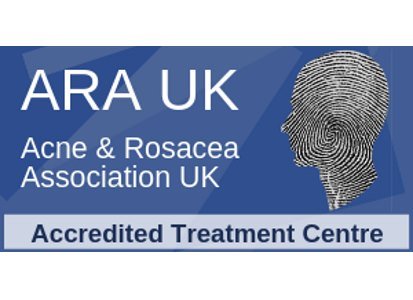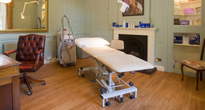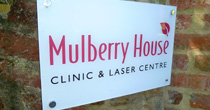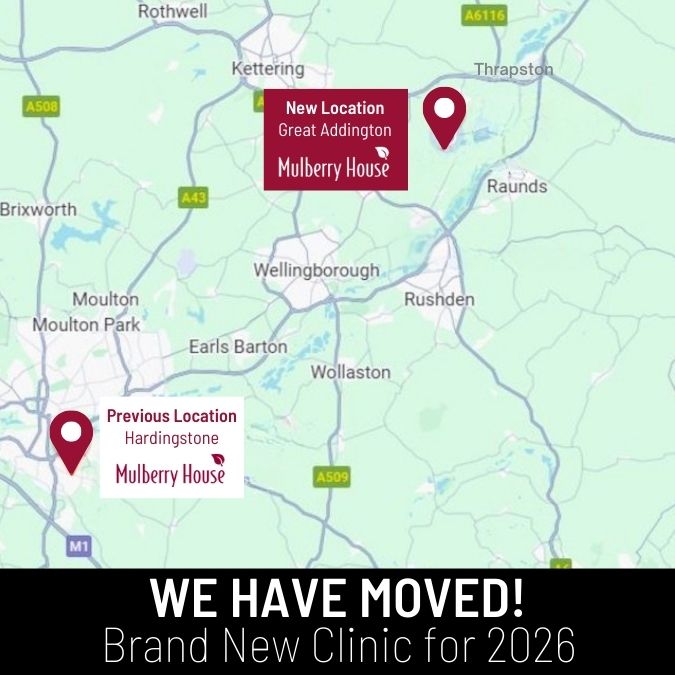At Mulberry House Clinic, an ARA registered acne treatment centre and skin clinic, we understand that acne can be a distressing condition affecting both physical appearance and emotional well-being.
Among various treatment options available, antibiotics are one approach that often comes up in discussions with patients. We know that for severe cases of inflamed acne, GPs in the UK will commonly prescribe antibiotics to deal with any infection.
But how effective are they? In this blog, we’ll explore how antibiotics work, the pros and cons, and some alternative treatments for acne.
How Do Antibiotics Work for Acne?
Antibiotics target the underlying causes of acne, primarily in three ways:
- Reducing Bacteria:
One of the main contributors to acne is Propionibacterium acnes (P. acnes), a bacteria that resides on the skin. Antibiotics help reduce the population of this bacteria, leading to a decrease in inflammation and breakouts. - Decreasing Inflammation:
Acne often involves significant inflammation, and antibiotics can help lower the body’s inflammatory response, resulting in less redness and swelling. - Regulating Oil Production:
Some antibiotics can help regulate the production of sebum, the oily substance that can clog pores and lead to acne development.
Pros of Using Antibiotics for Acne
There are certainly some benefits of using antibiotics where appropriate:
- Effective Short-Term Treatment:
Antibiotics, especially when combined with topical treatments, can be very effective for moderate to severe acne, providing relatively quick results. - Reduced Inflammation:
Many patients notice a significant reduction in redness and swelling, making their skin look and feel healthier. - Systemic Option:
For those with widespread acne that topical treatments don’t adequately address, oral antibiotics can provide a systemic effect.
Cons of Using Antibiotics for Acne
However, there are also some disadvantages to antibiotic treatment:
- Side Effects:
Antibiotics can have side effects including gastrointestinal disturbances, increased sensitivity to sunlight, and, in some cases, allergic reactions. - Antibiotic Resistance:
Prolonged use of antibiotics can lead to antibiotic resistance, which makes bacterial infections more difficult to treat in the future. - Temporary Results, Not a Long-Term Solution:
Once antibiotics are discontinued, acne may return if other preventive measures are not taken.
So while antibiotics can help to control inflamed acne in the short term, they are not typically recommended as a long-term solution due to the potential for side effects and resistance, so sufferers need to explore other methods of bringing this difficult condition under control.
Alternatives to Antibiotics
For those looking for alternatives to antibiotic treatments, several options are available:
- Topical Retinoids:
Skincare products containing retinol or retinoids can help prevent clogged pores while promoting skin cell turnover. They can be effective on their own or in combination with other treatments. Retinoids are derived from Vitamin A and are a powerful agent in cosmeceutical skincare, so this is generally prescription skincare rather than something you’d find on the high street. - Benzoyl Peroxide:
This topical treatment can kill bacteria and help reduce oiliness. It’s often used in conjunction with other acne treatments. Again, this is a powerful ingredient and stronger formulations tend to be prescription only from medically based skin clinics such as Mulberry House Clinic in Northamptonshire. - Hormonal Treatments:
For some women, hormonal therapies such as birth control pills can regulate hormones that trigger acne breakouts. - Isotretinoin:
This potent medication is often reserved for severe acne that hasn’t responded to other treatments. It can provide long-term results but also comes with potential side effects. - Diet and Lifestyle Changes:
Some studies indicate that diet can influence acne development. Reducing sugar and dairy intake, as well as managing stress, can contribute to better skin health. - Professional Skin Treatments:
Professional treatments such as Chemical Peels, Laser Resurfacing and Light Therapy offered by skin clinics can help reduce acne and improve skin texture.
For more information see our previous article Antibiotics No Long Term Solution for Acne, which explores the results of scientific studies on long-term use of this treatment.
Mulberry House Clinic is an ARA accredited Acne & Rosacea treatment centre based in Northamptonshire. Founded and led by former GP, Dr John Tanqueray, the company now offers a choice of top brand professional skincare solutions specifically designed for acne sufferers as well as professional treatments.
- ZO Skin Health cosmeceutical skincare products
- Tebiskin range – a less aggressive alternative skincare regime
- LED treatment – using blue light to stimulate healing and destroy bacteria
- IPL Skin Treatment – advanced light-based treatment
- ResurFX™ Laser Skin Resurfacing – exfoliation and skin stimulation treatment
- Facial Peels – chemical exfoliation to remove debris and oil
- Microdermabrasion – mechanical exfoliation
- Laser Treatments – light-based treatments to destroy bacteria and promote healing
- PRP Platelet Rich Plasma – treatment to promote healing and healthier skin
ARA UK Accredited Treatment Centre
Mulberry House Clinic is an ARA (Acne & Rosacea Association UK) Accredited Treatment Centre, demonstrating the company’s commitment to treating patients with acne and all its complications.
Conclusion
Antibiotics can be an effective short-term treatment for acne, addressing both bacterial growth and inflammation. However, they are not without their drawbacks and are typically not recommended as a long-term solution. At Mulberry House Clinic, we believe in a holistic approach to acne management, considering both medical and lifestyle interventions to achieve the best results for your skin.
If you’re struggling with acne and considering your treatment options, we invite you to book a consultation with our experienced team. We’ll create a personalised treatment plan tailored to your unique needs, helping you achieve clearer, healthier skin.
Mulberry House Clinic
Established 2003
Mulberry House Clinic has an excellent reputation in the Northampton area as an independent, doctor-led practice with vast experience of the industry. Cosmetic skin treatments are carried out by Dr John Tanqueray, who works closely with leading manufacturers to remain at the forefront of the medical aesthetics.
A private consultation is the starting point for all patients in order to facilitate a full discussion about the desired results as well as detailed facial and skin assessment. Find out more about first consultation.
For further information or to arrange a confidential consultation, please complete our contact form, call 01604 702630 or email: info@mulberryhouseclinic.co.uk.
